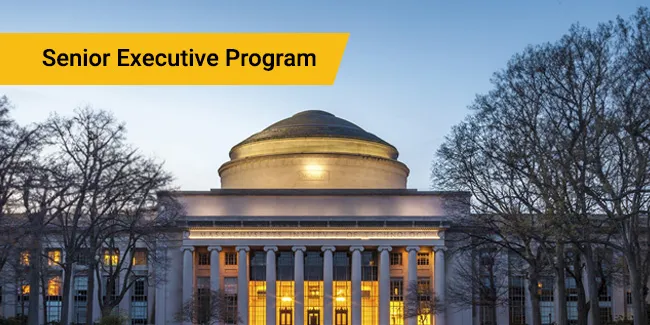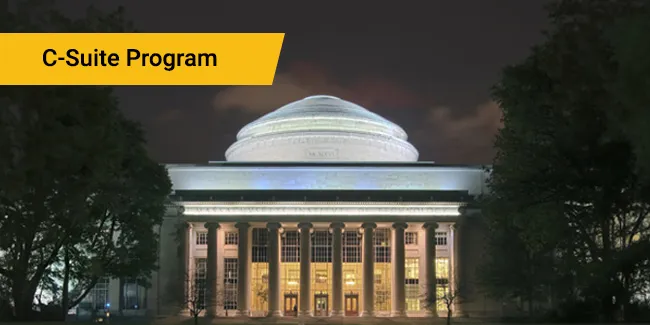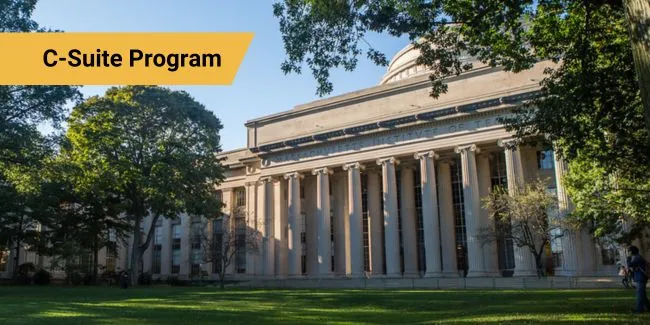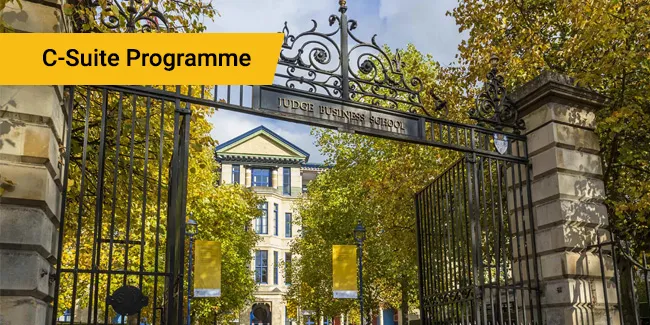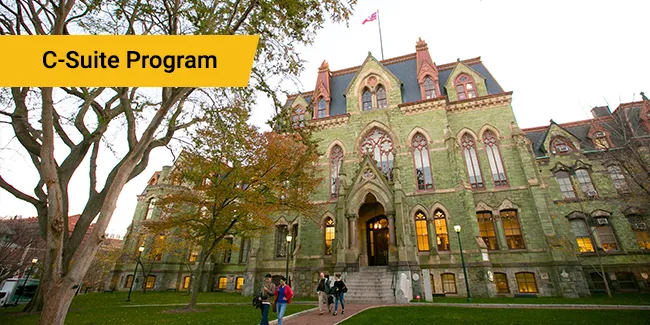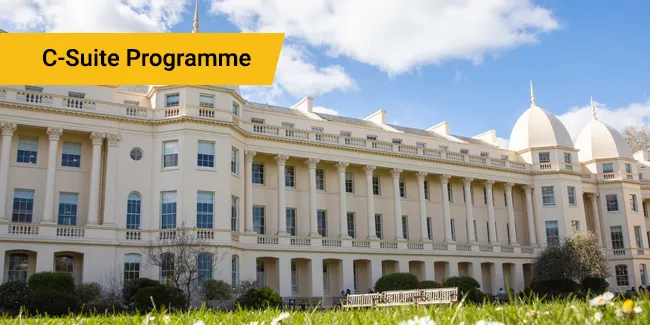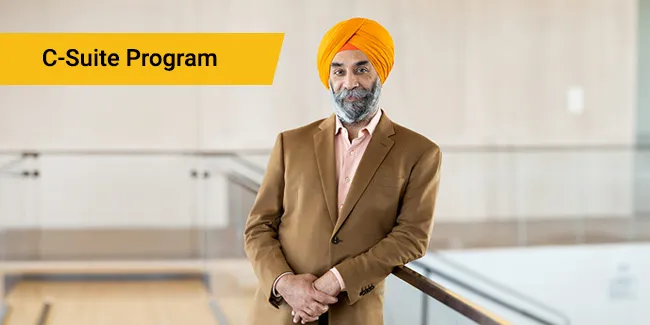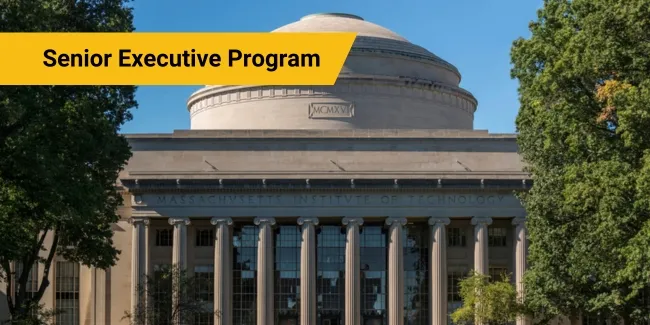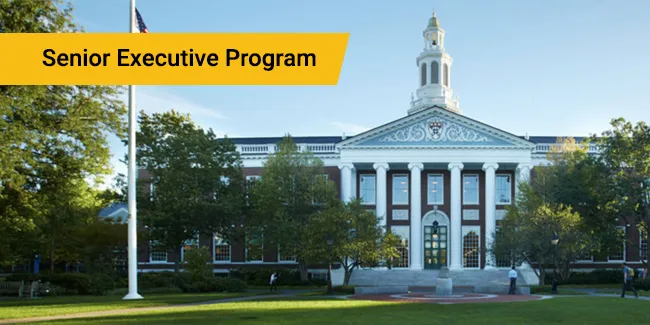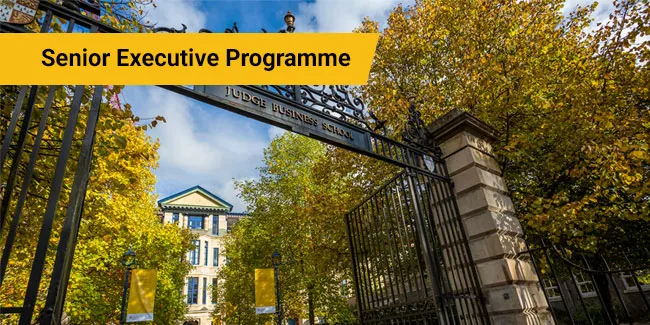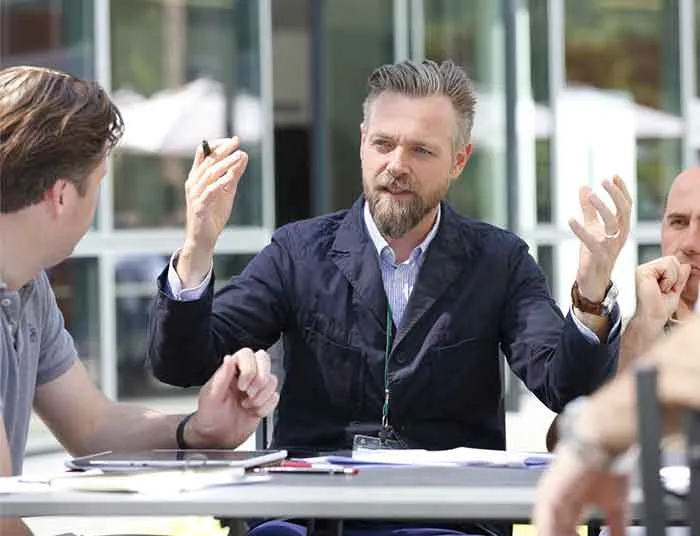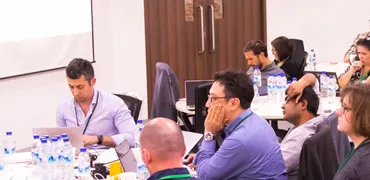9 Leadership Theories to Help You Become an Influential Leader

In his book “Leadership Theory and Practice”, Peter G. Northouse explains how leadership has changed over time. Back in the early 1900s, leadership was described as having the power to compel loyalty, respect, and obedience. In the 21st century, it is compared to team and organizational management. Let’s examine the essential leadership theories and discuss how to be a strong leader.
What are Leadership Theories?
In the last 60 years, a variety of leadership styles, competencies, and characteristics have emerged. Leadership theories categorize and explain these developments. While some theories see leadership as the epicenter of group processes, others see it as a collection of particular personality traits. A few leadership theories define leadership as a situation in which the leaders have the upper hand or the ability to influence the actions and behavior of their employees and team members. More people now consider leadership to be a necessary skill set.
Types of Leadership Theories
 The following are some of the most popular and effective leadership theories that have emerged over the years:
The following are some of the most popular and effective leadership theories that have emerged over the years:
Great-Man Theory
The great-man theory is one of the oldest leadership theories proposed by Scottish essayist and philosopher Thomas Carlyle. He explained that leaders are born with certain innate qualities and cannot be made. Carlyle viewed leadership in the light of inheritance, in that he believed that leadership qualities are inherent. According to him, great leaders inherited their leadership qualities and did not acquire them.
Contingency Theory
This theory was created in 1969 by Paul Hersey and Ken Blanchard. It explains that there is no one-size-fits-all leadership style. Instead, this theory contends that leadership approaches and styles adapt themselves depending on various internal and external factors in an organization. Leaders must assess the situation, adjust to the surroundings, and accordingly apply effective leadership techniques.
ALSO READ: What is Situational Leadership and Why Leaders Should Learn it
Trait Theory
Trait leadership theories focus on certain characteristics or traits like intelligence, self-confidence, effective communication, etc, to define leadership. These traits help differentiate between leaders and non-leaders. According to the trait theory, people who have heroic or influential traits become powerful leaders. Ralph Stogdill, a major proponent of this theory, explained that charisma is one of the most significant leadership traits, distinguishing a leader from others. According to him, a leader must have the following traits:
- Motivation to take up responsibility and complete tasks
- Risk-taking and problem-solving
- Persistence to achieve goals
- Self-confidence
- Willingness to accept consequences
- Ability to influence the behavior of other people
Style and Behaviour Theory
The style and behavior theory emphasizes how leaders act and behave. It focuses on two aspects: their behavior during tasks and their relationship behavior with others. Leaders must focus on goal accomplishment and maintain positive interpersonal relationships with their team members. The style of the leaders also matters, with three distinguished leadership styles: autocratic, democratic, and laissez-faire. In autocratic leadership, the leader holds complete authority and control over decision-making, while in a democratic style, the leader seeks input from the team members. In laissez-faire leadership, the team members are skilled enough for the leader to delegate work to them.
Process Leadership Theory
This theory is also known as the “servant leadership theory”. The theory explains that the sole objective of the leader is the welfare of their followers. Leaders place the development of their followers above their personal interests.
Transformational Theory
Transformational leaders can create a vision for their team members that inspires them to work toward a common goal and empower them to achieve it through personal growth and development. This theory focuses on bringing positive changes in an organization or society.
Transactional Theory
The transactional theory explains leadership styles that focus on motivating their team members by offering rewards and punishments based on their performance. It comprises the following aspects:
- Contingent rewards: Transactional leaders set clear expectations for their employees and reward them for meeting those expectations. Rewards may include recognition, promotions, bonuses, or other incentives.
- Management-by-exception: Leaders monitor their employees’ performance closely and intervene when necessary to correct problems or deviations from standards. They use corrective action or punishment to address performance issues.
- Passive management-by-exception: Leaders intervene only when a problem arises and do not actively monitor performance regularly.
Path-Goal Theory
Most leadership theories discussed above focus on leadership as a process to execute tasks effectively. However, the path-goal theory is different. Rather than focusing solely on accomplishing the tasks, the theory emphasizes enhancing the skills of the employees and motivating them. The theory explains the onus of a leader to provide a healthy and conducive environment to the team members by analyzing their behavior and encouraging them accordingly. The path-goal theory explains the role of a leader through the following steps:
- Defining goals
- Setting a clear path for the team members
- Removing obstacles faced by the team members
- Providing support and encouragement to the team members
Leader-Member Exchange Theory
Compared to the other theories, the leader-member theory provides an intriguing perspective on leadership. It defines leadership as a process based on interactions between leaders and followers. This theory states that the quality of the relationship between leaders and their employees can influence the leader’s effectiveness and the satisfaction and performance of their team members.
Top 15 Traits and Skills Managers Must Learn to Enhance Leadership Skills

Different researchers and authors like Stogdill, Mann, and Stephen J. Zaccaro have mentioned the following as essential traits for leaders:
- Intelligence and alertness
- Self-confidence
- Determination
- Integrity
- Sociability
- Emotional intelligence
- Persistence
- Integrity
- Discipline
- Self-motivation
- Dominance
- Responsibility
- Cooperation
- Adaptability
- Extraversion
Skills Required to Become a Powerful Leader
Robert Katz, an American social and organizational psychologist, categorizes the skills required to become an effective leader into the following three groups:
Technical Skills
Technical skills refer to industry-relevant expertise or knowledge and the know-how of various tools and techniques to complete tasks effectively. These include knowledge of software, artificial intelligence or machine learning tools, programming language, agile, sigma, and project management. These skills are most important during the initial years of your career.
Human Skills
Human skills involve behavioral skills required to communicate effectively with people. Leaders must possess human skills to motivate their team members, ensure cooperation, and facilitate task accomplishment. It includes building an environment for team members to share their issues and trust each other. The following are some of the human skills you must have to become an effective leader:
- Coaching
- Adaptability
- Trust building
- Empathy
- Communication
Conceptual Skills
Concept skills refer to intellectual skills or the ability to develop creative ideas. A leader must possess conceptual skills to create an actionable plan for organizational growth. Here are some essential conceptual skills for leaders:
- Critical thinking
- Analytical thinking
- Problem-solving
- Brainstorming
- Logical reasoning
- Innovation
- Interpersonal communication
- Predictive modeling
- Multitasking
ALSO READ: Top Leadership Styles and Skills You Need to Become a Future-Proof Leader
Leadership is a complex phenomenon. It takes years of learning and unlearning. Emeritus’ leadership courses teach you effective leadership styles, leadership theories, and skills to advance your career.
Write to us at content@emeritus.org




